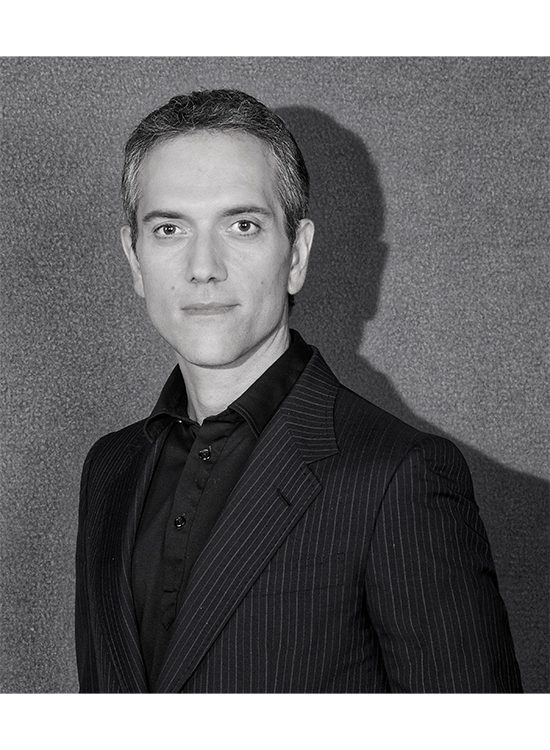
Luxury as personal happiness and comfort
Few people would turn down the opportunity to live a life of luxury. Indeed, it sometimes seems like the whole of society is geared towards achieving this aim. If TV adverts are taken as a guide, nothing has worth unless it has monetary value. Only the newest and most exclusive objects are worthy of pursuit, and it is taken as a commonplace that materialism rules in striving towards a luxurious lifestyle.
However, to better understand the constant chasing of luxury in the modern world, it may be useful to stop for a moment and ask what the word actually means.
Comfort, Elegance, and Opulence?
The common definition of luxury is that of being in a state of great comfort and elegance, and the implication is that this state involves a degree of expense or exclusivity. By its nature, luxury is not available to all, as the concept relies on enjoying comforts and pleasures over and above the generally accepted necessities of life, and these need to have a little rarity value to be fully appreciated as luxuries.
Certainly, the recognition that one is enjoying special treatment or extra levels of comfort is a major aspect of real luxury, although the precise nature of this additional comfort will vary depending on the standards enjoyed by the rest of society.
More Than Materialism
However, there is more to the luxurious lifestyle than the materialistic pursuit of possessions. Luxury is also about the ability to live life to the full, to have unique experiences, and to be rich in spirit as well as in financial terms. It can be an appreciation of the wonders of nature just as much as the thrill of driving an expensive sports car, as it relies on the freedom to enjoy and appreciate the finer things in life, rather than applying a fixed measure of value to every aspect of existence. Some people may define luxury by price, but it’s about more than that, and there is no set standard that can be applied worldwide.
Consider two types of lifestyle that could be justly described as luxurious. The first involves elements typically regarded as expensive indulgences: extravagant sports cars, casino visits, fine wine and dining, and clothing cut from the finest cloth. The second lifestyle involves nothing more lavish than a safe and warm home, enough food to eat, a good standard of health, and the happiness of family. Which one of these is truly the most satisfactory?
There is a German word which neatly encapsulates this approach to luxury. ‘Gemütlichkeit’ is usually translated as ‘cosines’ or ‘snugness’, but it is a much more nuanced word than those words imply. To be gemütlich is to experience the happiness that comes with being physically comfortable, in a welcoming setting, and enjoying the company of friends.
It is a quiet contentedness that reflects the luxury of being at peace, of resting in harmony with your surroundings. While a gemütlich setting may involve luxurious elements from fine wine to comfortable furniture, it is luxury as a state of mind and not a count of possessions and their monetary value. This is a kind of luxury which is, or should be, attainable by all, no matter what a person’s background and means.
More: The Superyacht Concept Reaches Dry Land as Architect Unveils the “Superhouse”
Nonetheless, for society at large luxury is still widely measured in material terms, and a crucial point of this is that luxury is inherently relative. To a person in a developing country, simple access to clean water and routine medical treatment could represent a level of comfort beyond imagining for their recent forebears. In contrast, the necessities of life are a given for most people in developed, western societies, and it takes something special to count as luxury, and this factor will be different for each individual. Furthermore, as civilization continues its relentless march onward, the base line of what represents luxury is moving ever higher.
Different Expectations and Levels of Luxury
Nonetheless, it is still possible to experience luxury in many ways that don’t necessarily rely on extravagance. Luxury can have very different definitions depending on who is judging the situation, and on the normal state that provides starting point.
For a child who has never experienced the pleasure of a cold ice cream on a sunny summer’s day, a single scoop of vanilla could represent a rare treat, and be an experience that surpasses all expectations. On the other hand, a more fortunate child with more extensive experience of frozen confectionery may need several such treats a day to feel the same sense of luxury.
Likewise, people in the western world may see a bottle of champagne and a platter of smoked salmon as the ultimate in luxury dining experiences, while family members from their grandparents’ generation may well have been supremely satisfied to simply have enough food to stave off hunger, and enough clean water to slake thirst without the risk of disease. Indeed, across the world, even today more people would be likely to appreciate the latter than regularly experience the former.
But it is not only when expectations are exceeded that one can feel a sense of luxury. After a long day’s work, the sheer luxury of being able to sit and rest with no further calls on one’s time is something to be truly savored, even though this may be a daily happening that is in no way unexpected. In the same way, many people’s idea of a dream holiday is to spend time on a tropical beach, doing nothing much at all, except enjoying the freedom from work and the daily demands of existence – a real luxury when compared to the hard circumstances many people face in their usual lives.
The Luxury of Technology and the Future
If one definition of luxury is the ability to step back from the rigors of daily life and take time to enjoy living rather than simply existing, then society as a whole may need to confront this concept in the very near future. Technology has brought about a revolution in the working lives of huge numbers of people, with knowledge and creativity becoming more valued than physical work. The entire sum of human learning is available at the swipe of a smartphone, and the digital economy means traditional work patterns are dissolving. This process continues to accelerate, with automation replacing many conventional manual jobs.
Many experts are forecasting that the long-coveted life of leisure may be about to become a reality for millions of former workers, although this is likely to present more than a few difficulties for society: when the basic needs of the population can be met without the norm of the 40 hour working week, what is the definition of luxury in this new world? And what will replace work as the means to strive for a more luxurious existence? These are questions which society is not yet fully addressing, yet it’s likely that the result will be a profound shift in expectations of what a fulfilling life should entail, and so a change in the definition of what counts as luxury.
Ultimately, the less materialistic vision of luxury may become the more widely accepted one, with a premium placed on personal happiness and comfort rather than the pursuit of wealth and opulence.














